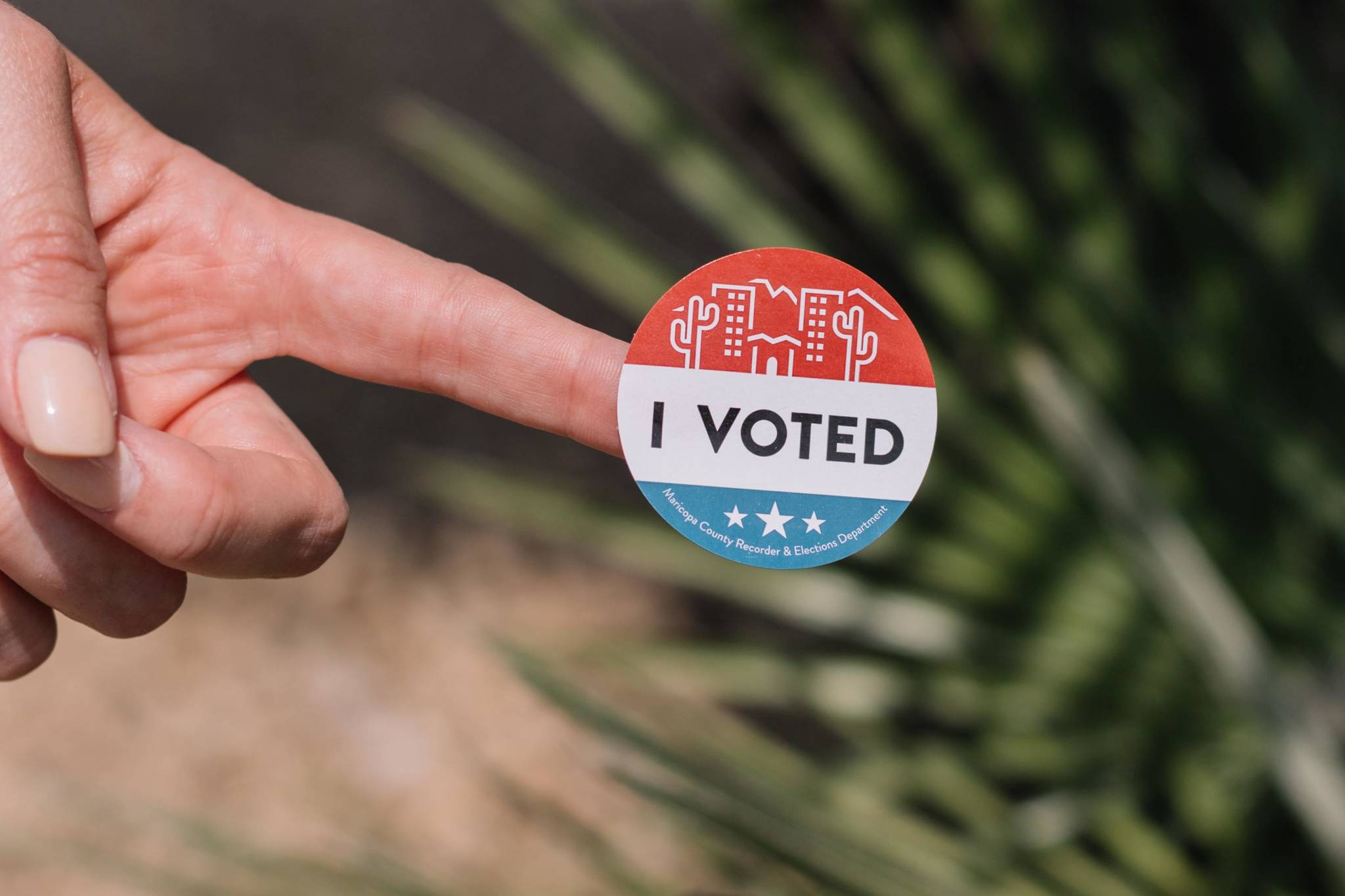This is not the first time Alaskans have had the opportunity to raise revenue from an industry that screams “No, you’ll regret it, it’s a huge mistake.”
Remember the Cruise Ship Initiative back in 2006? That $50 head tax was going to deter tourists by the thousands, but most of us were skeptical and voted yes anyway.
The future is impossible to predict, but that time we were right, and tourists lined up for Alaska cruises in increasing numbers all the way up until COVID-19 arrived and totally closed the spigot. Now, the oil companies are making the same pitch against Ballot Measure 1 — it will deter investment, which will cost jobs and income in the years to come.
So, I understand why the oil industry would oppose Ballot Measure 1. What I don’t understand is why any of the rest of us should.
First of all, the Fair Share Initiative only applies to the legacy fields: Prudhoe Bay, Kuparuk and Alpine. If a unit hasn’t produced 400,000 barrels and isn’t still averaging more than 40,000 barrels per day, the new law wouldn’t apply. If a new field hits the jackpot, it would recoup its investment for years without being subject to the higher rate.
Even accepting the premise that each dollar of increased revenue for the state will cost some number of pennies in future investment, that number is well short of 100, and it is not in-hand. It is a trickle down, at a time when we need a large pour. It is still, as former Gov. Jay Hammond wrote, a question of “how many eggs we could snatch” from the golden goose “without endangering the species.”
And we know that the species is already in peril. Demand and prices or oil fell dramatically over the past six months, and the Corona-crisis is not yet over. When it is, we will likely remember climate change and start acting to reduce carbon emissions. Maybe we should snatch some of our eggs while the snatching is good.
Some argue that Fair Share “sends the wrong message,” that the industry needs stability. But the oil companies have always been free to operate as they deem best, to chase profits, to pursue or not pursue projects — why is it that we should hesitate to change a law if it isn’t in the public interest? The industry didn’t worry about “stability” when it persuaded us to jettison ACES in favor of Senate Bill 21 after only six years. And of course, after two years, the Alaska Legislature could again act to repeal the law.
The worst of the arguments made against Ballot Measure 1 is that it will further imperil the PFD. Why? Well, according to a trio of legislators in a recent op-ed piece “any money the Legislature gets its hands on will go to more government spending, not for PFDs.” Better we should give it to the oil companies, they’ll spend it more wisely. It is this attitude that explains why we’re voting on this issue directly in November.
We elect our representatives to make difficult decisions. They have failed to do that, unable to agree on how to raise the money that is needed to pay for schools, ferries, maintenance and dividends, while spending almost all of our reserves. We also owe the oil companies some $740 million from past credits, and the Alaska Supreme Court recently held that the law passed to allow payment of these with “subject to appropriation” bonds violates the state constitution. Yet some legislators are still telling us don’t worry, we don’t need that billion dollars a year (depending on the price), we’ve decided to invest it all in the oil industry.
Even if you believe that SB 21 was right seven years ago, the world will continue to change in ways that we can’t predict. We own a resource that is valuable now, we have an immediate and unprecedented need and we all need to step up and help. You can continue to give that billion dollars a year to the oil companies to invest or retain, or you can vote yes and make sure that the entire amount is invested in Alaska.
Fred Torrisi is a retired lawyer. He resides in Anchorage.
• By Fred Torrisi

